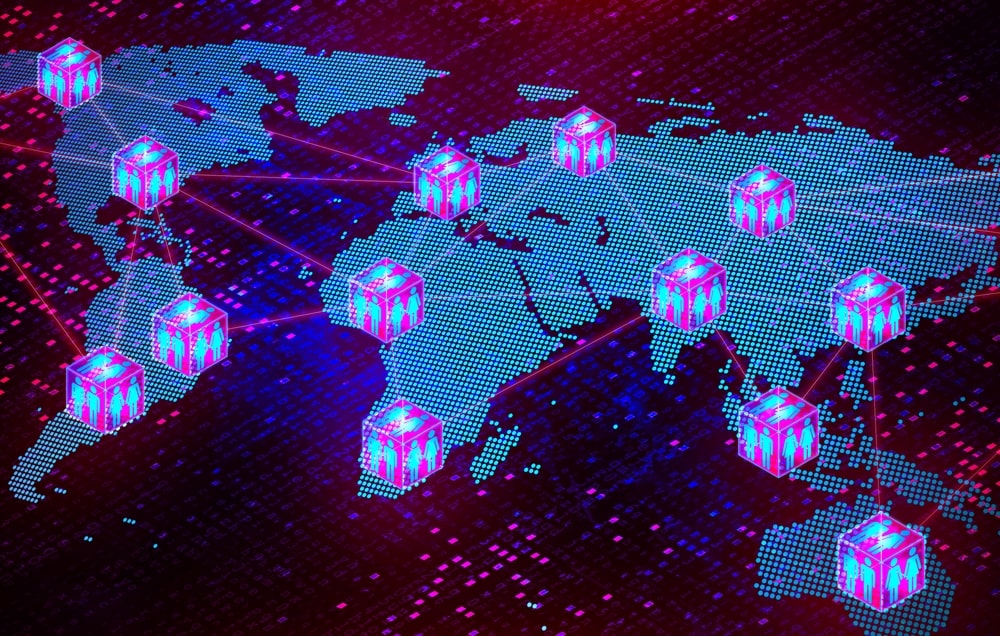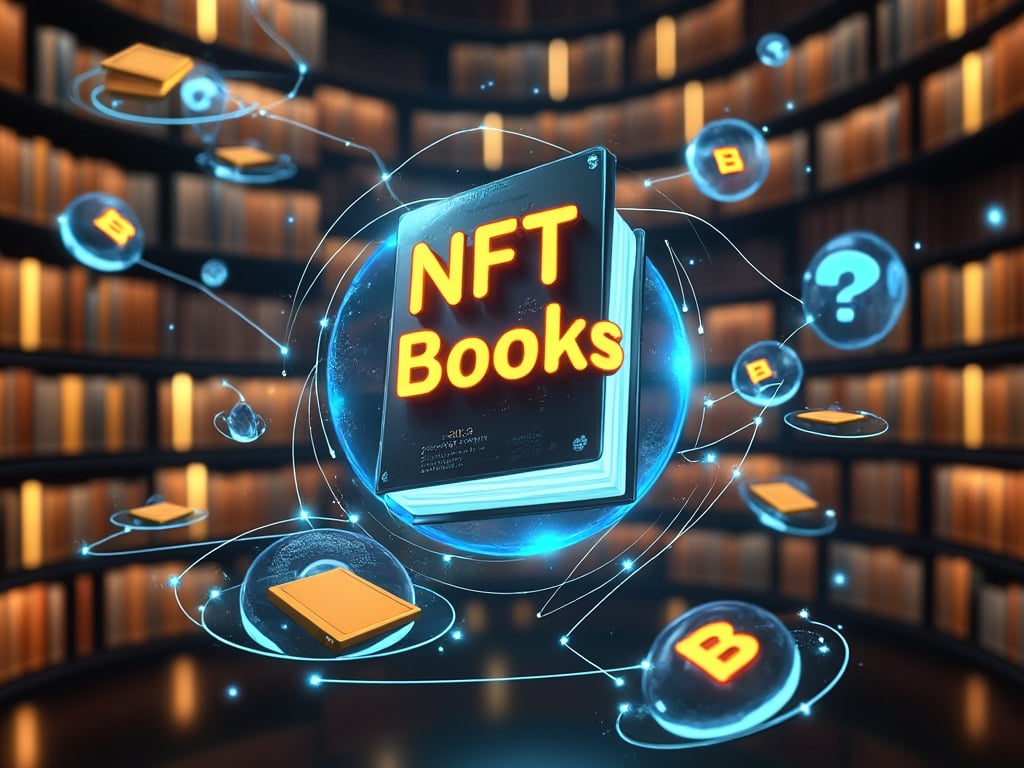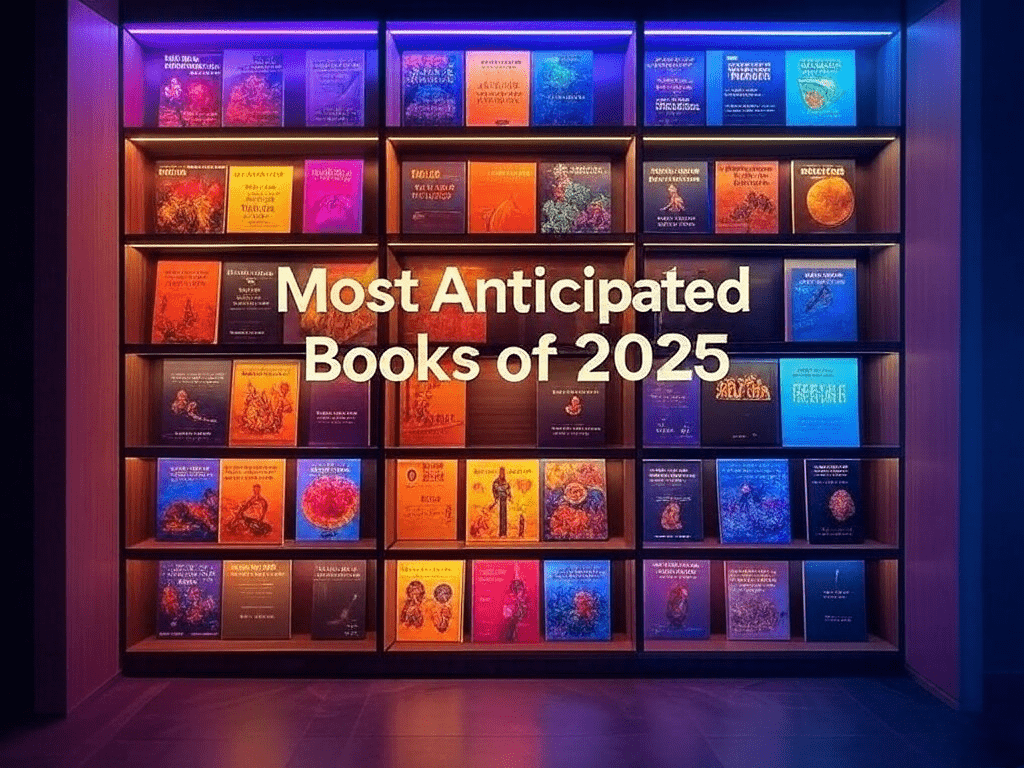In March of this year, Goldman Sachs announced that AI has the potential to replace around 300 million full-time jobs. A 2022 survey by PwC revealed that one-third of participants expressed concerns about technology replacing them within the next three years. This led to the rapid spread of AI Anxiety.
The widespread attention given to AI has generated significant excitement and fear among people. However, it is not the first time that technology has evoked such unease. We currently use phones and computers in our daily lives, which were once perceived as threats when they first emerged. So, why do we still experience anxiety when it comes to AI?
What is AI anxiety?
AI anxiety refers to the fear of AI posing a threat to human life and our societal position. According to anthropologist Deborah Johnson, it stems from a fundamental sense of human loss of control in the face of change and uncertainty. AI anxiety often arises from direct experiences with AI or through media and movies. It can be categorized into specific concerns, including:
Fear of being replaced: The intrusion of AI into manual and creative fields is seen as a threat to workers’ livelihoods. It is not only a concern about employment but also a doubt about the role of humans, as stories of job loss due to AI replacement become increasingly prevalent in the media.
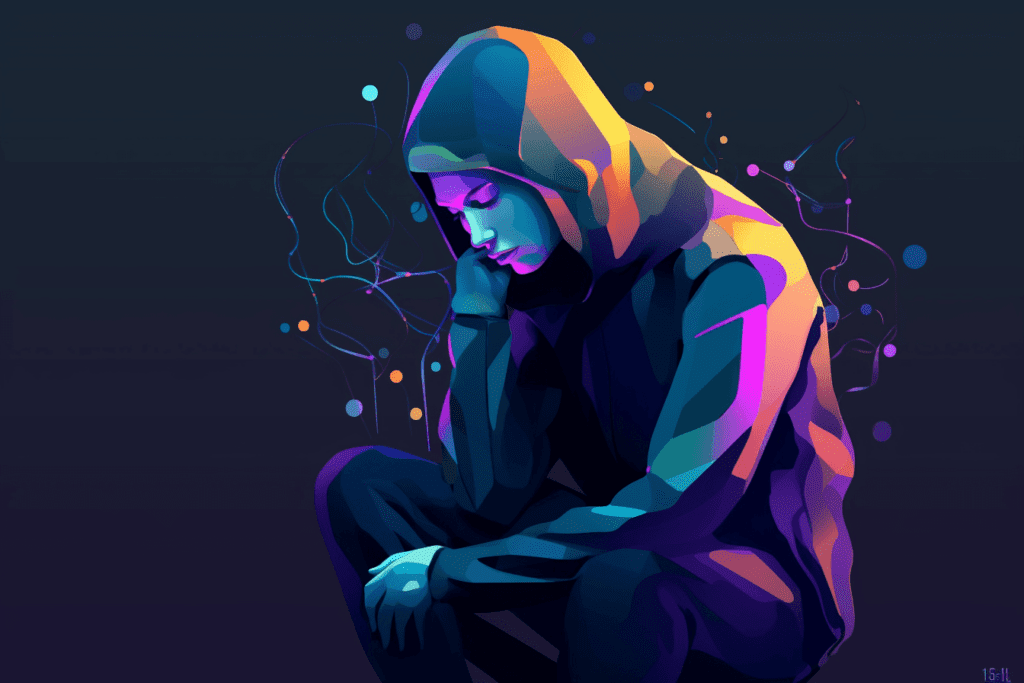
Concerns about usage: Many people still lack complete trust in machines, causing any mistakes made by AI to become a source of discomfort. AI can also amplify biased beliefs, overshadow human judgment (e.g., confirmation bias when it searches for information aligning with existing beliefs), or serve negative and destructive purposes.
Fear of “knowledge blindness”: The rapid development of AI can instill fear in individuals, particularly as they age and their ability to learn and adapt diminishes. They worry about falling behind, lacking knowledge, and being unprepared for the potential of technology.
Concerns about AI’s embodiment: The feeling of being threatened and conflicted arises when encountering AI that closely resembles human appearance, thinking, and emotions. This phenomenon, known as the “uncanny valley” in psychology, occurs when the line between humans and robots blurs, triggering a perception of it as a “dangerous zone.”
Origin of AI anxiety
Day One Agency coined a similar term, “AI-nxiety” (a wordplay on AI and anxiety), in their 2023 predictive dictionary. They defined it as the discomfort experienced when AI infiltrates human creative domains. Anxiety arises because it becomes difficult to discern whether what we see is created by humans or machines.
However, humans have previously felt threatened by machines. This fear dates back to the 18th century in England when the emergence of mechanical looms resulted in job losses for textile workers, sparking the Luddite movement—a wave of protests against industrialization that spread throughout Europe.
Before AI anxiety, terms like tech anxiety or machine anxiety were commonly used to describe similar fears.
Causes of AI Anxiety
The brain’s aversion to change
Our brains instinctively fear change because it perceives it as unsafe. The unpredictability of AI threatens wages and the future of humanity, creating survival fears. This parallels how our ancestors were cautious about unfamiliar fruits or new territories to protect themselves.
Specifically, the flaws of AI act as “justifications” for the brain to reject it. For instance, the discovery of algorithms that discriminate against people of color in the screening tools of many health insurance companies in the United States.
AI is portrayed as the “villain” in the media
The media constantly reports on the applications of AI in business or stories of job loss due to AI. Especially when these contents are condensed into addictive short clips on social media, they can make you doomscroll (continuously scroll through negative information online).
Moreover, during the wave of mass layoffs, the rise of ChatGPT adds fuel to the fire. Humans are often pitted against AI, and the exaggerated portrayal of this tool by many companies amplifies your fear of it.
In films, AI is also often depicted as an “untrustworthy” enemy of humanity. Movies like Terminator, Westworld, or 2001: A Space Odyssey portray AI as antagonistic and destructive. They also suggest the worst scenarios, causing already pessimistic viewers to fall into a loop of negative thinking.
AI understands human psychology
According to Gestalt psychology, humans often project their own emotions, desires, or intentions onto others. This means that our fear of AI taking over can be seen as a reflection of our own desire for power and control. For example, AI’s biases may mirror our deeply ingrained beliefs.
AI is a concern because it’s more similar to us than we realize. Throughout our history, we have naturally interpreted the intentions of animals through our own cognitive and emotional frameworks. It’s similar to how we anthropomorphize electronic devices to feel connected to them.
How can we ease our worries about “coexisting” with AI?
Considering the rapid development of AI, it’s understandable that concerns arise. However, we can’t change the inevitable trend in technology. Instead of focusing on what we can’t control, we should concentrate on what we can do to reduce anxiety. Here are some tips:
Learn from the past: Reflect on how you adapted to the internet and smartphones when they first emerged. You’ll realize that you were able to adjust, and you can apply that experience to AI.
Deepen your understanding of AI: The best way to face the “enemy” is to learn more about it. This will also help you find ways to make AI a useful tool in your life and work, rather than something to fear.
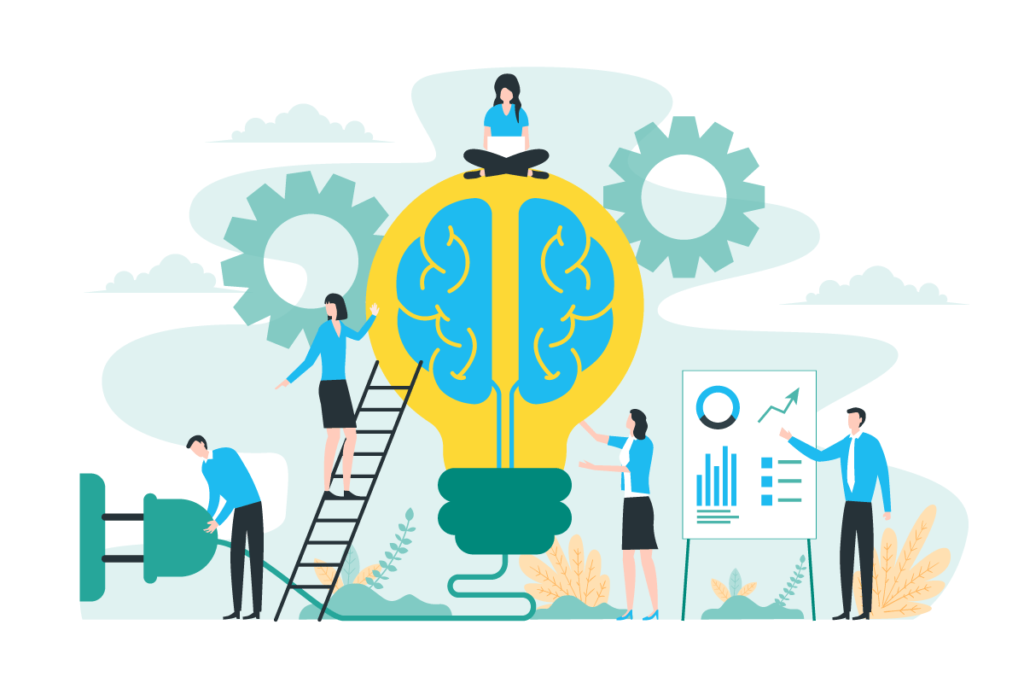
Improve yourself: Continually enhance your ability to adapt to change. Develop new skills or learn a new language to open up more opportunities.
Address your fears: Practice exercises like meditation, mindfulness, or yoga to help control your breath and emotions when you’re anxious. Writing down your thoughts on paper can also be a helpful release.
Take a break when needed: If you’re overwhelmed by negative news or social media, consider taking a break. Give your mind the necessary rest it needs.
Closing thought
AI anxiety stems from the fear of AI threatening human existence and societal position. While technology has historically caused unease, AI’s portrayal as a villain in the media and concerns about job displacement contribute to ongoing anxiety. Understanding AI, learning from past experiences, improving adaptability, and addressing fears can help alleviate anxiety.
If you’re interested in exploring the world of NFTs and digital books, check out NFTBOOKS. Discover unique and collectible digital reading experiences that combine art, literature, and blockchain technology. Visit NFTBOOKS today and embark on a new chapter of digital creativity and storytelling.




